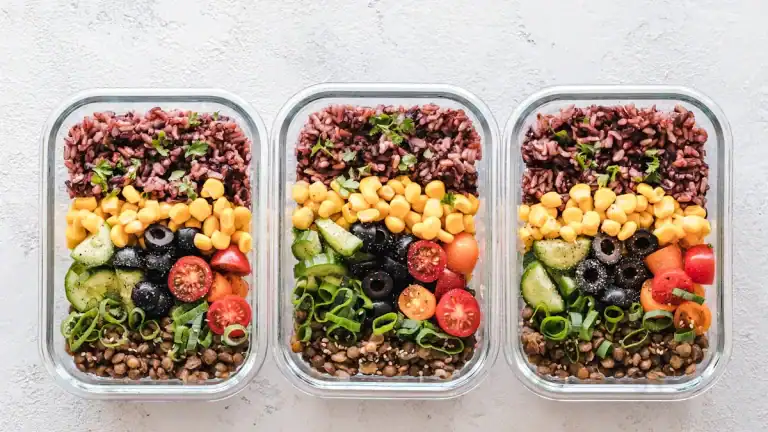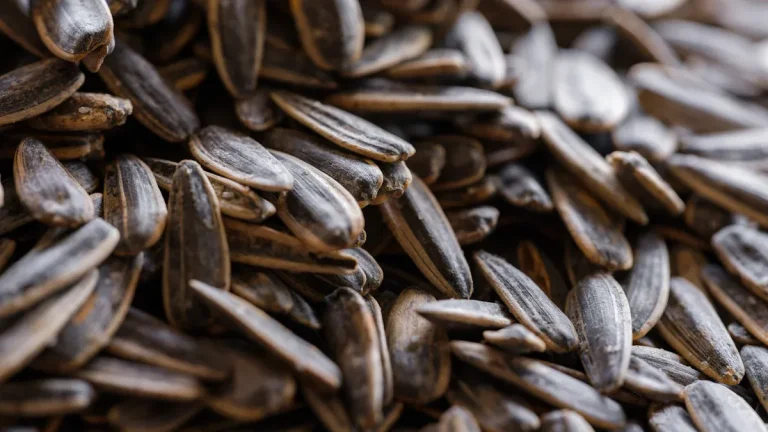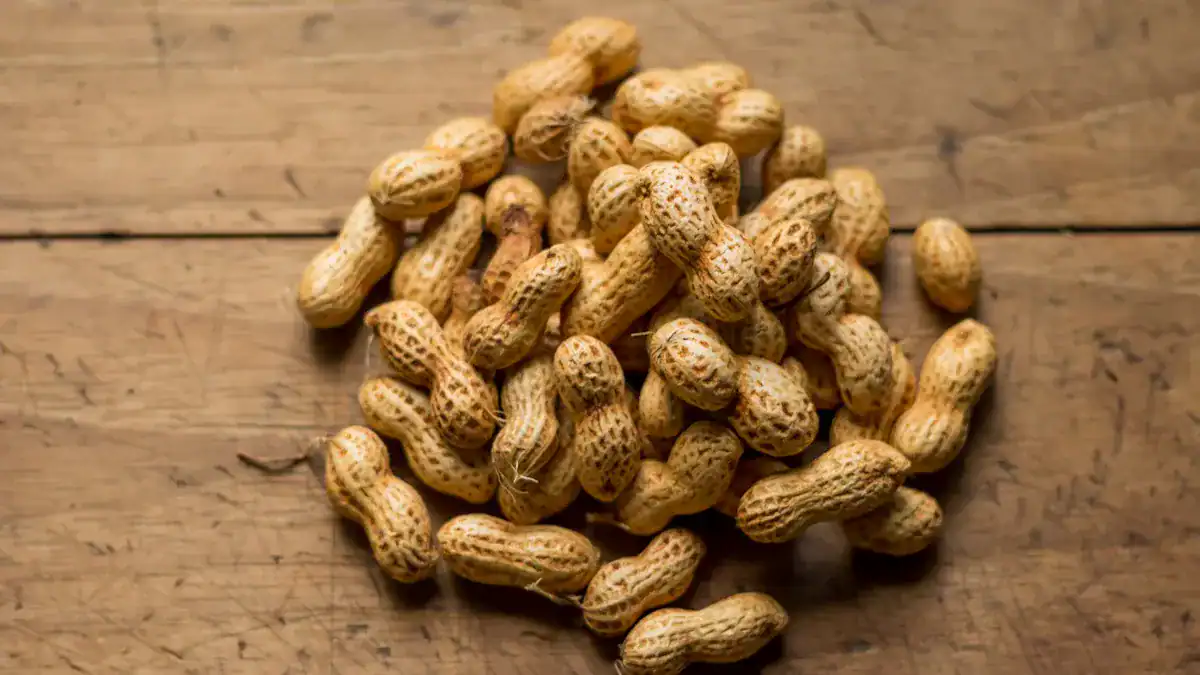
Are peanuts good for you? Yes, these popular nuts are generally good for you, offering many health benefits when you eat them in moderation. Peanuts provide excellent protein, healthy fats, and fiber. You also get essential vitamins and minerals from them, including magnesium, folate, copper, and niacin. Peanuts are a versatile and nutritious snack that supports your healthy diet.
Key Takeaways
Peanuts are good for you. They have protein, healthy fats, and fiber.
Peanuts help your heart stay healthy. They can lower bad cholesterol.
Peanuts can help you manage your weight. They make you feel full.
Peanuts help control blood sugar. They have a low glycemic index.
Some people are allergic to peanuts. Always check food labels for safety.
Peanut Nutrition Profile
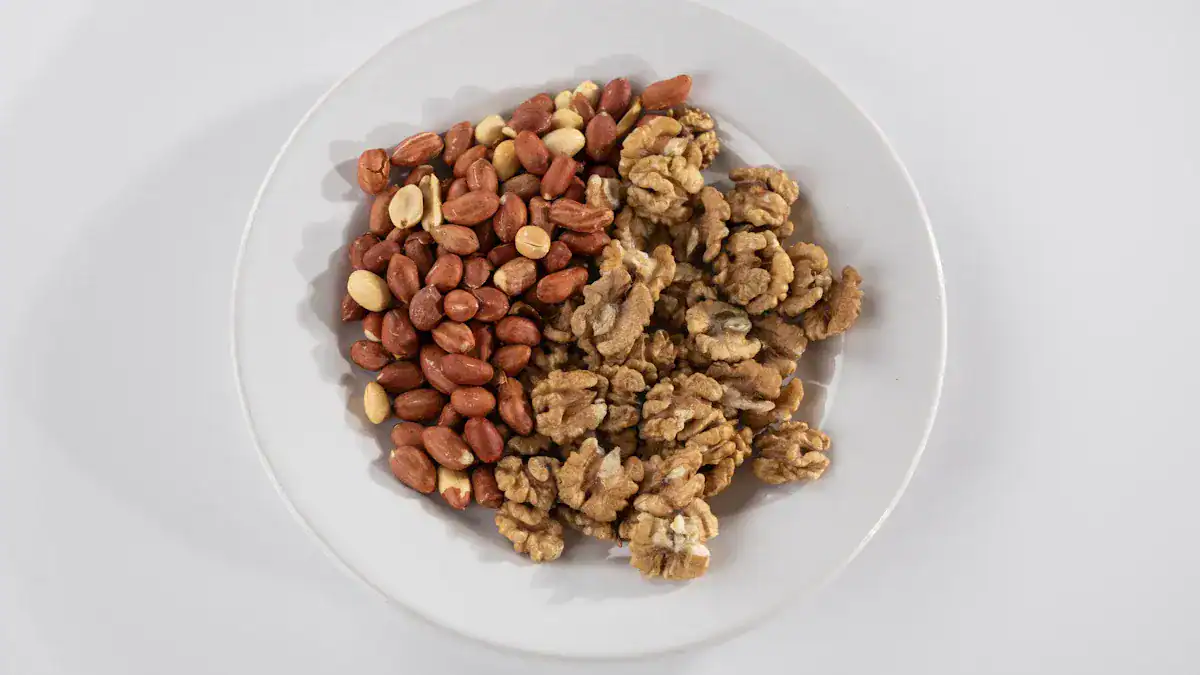
Peanuts are a truly remarkable nutrient-dense food. They offer you a rich blend of macronutrients and micronutrients. You might think of them as just a snack, but their peanut nutrition profile shows they are much more.
You will find that 100 grams of raw peanuts contain:
Calories: 567
Protein: 25.80 g
Fat: 49.24 g
Carbohydrate: 16.13 g
Fiber: 8.50 g
Sugar: 4.72 g
They also contain various important minerals:
Calcium: 92 mg
Iron: 4.58 mg
Magnesium: 168 mg
Phosphorous: 376 mg
Potassium: 705 mg
This comprehensive peanut nutrition information highlights why peanuts are a valuable addition to your diet.
Protein Content
Peanuts are an excellent source of protein. This makes them a great choice for vegetarians, vegans, or anyone looking to increase their protein intake. Protein is essential for building and repairing tissues in your body. It also helps you feel full and satisfied. A standard serving of peanuts, about one ounce or 28 grams, gives you around 7 to 8 grams of protein. If you prefer peanut butter, a 2-tablespoon serving also offers about 7 to 8 grams of protein. This makes peanuts a high in protein snack that supports your daily needs.
Healthy Fats
You might notice that peanuts are high in fats. However, most of these are good fat. Peanuts contain mostly unsaturated fats, which are beneficial for your health. These include monounsaturated and polyunsaturated fats.
Here is how these fats break down:
Fat Type | Amount (g) |
|---|---|
Monounsaturated Fat | 7.9 |
Polyunsaturated Fat | 4.7 |
These healthy fats and protein work together to provide many benefits. Over half of the total fat content in peanuts is oleic acid. This type of fat is linked to better cardiovascular health. Peanuts also contain very-long-chain saturated fatty acids like arachidic, behenic, and lignoceric acids. Studies show these fats may reduce your risk of cardiovascular diseases and diabetes. Eating peanut products can even increase these beneficial fatty acids in your blood.
Peanut consumption can improve your lipid profiles. This is very important for heart health. Research shows that eating peanuts can slightly lower your total cholesterol/HDL-cholesterol and LDL-cholesterol/HDL-cholesterol ratios. A review of nine studies also found that consuming peanut products reduced triglyceride levels, especially in healthy people. Another review showed an increase in HDL-cholesterol (the “good” cholesterol) in healthy individuals who ate peanut products, particularly high-oleic peanuts, for more than 12 weeks. You might also see an increase in HDL-cholesterol and a reduction in the triglycerides/HDL-cholesterol ratio, which is a marker for cardiovascular risk. If you have high total cholesterol or triglycerides, you might experience an even greater reduction in these levels.
The way your body absorbs fat from peanuts also helps your heart. Your body does not fully absorb all the fat from peanuts. This means you get less available energy from them. This incomplete absorption happens because you do not chew them perfectly, and the peanut cell walls resist digestion. This mechanism helps with weight management, which indirectly benefits your cardiovascular health. The fats in peanut products can also slow down how quickly your stomach empties. This reduces how fast glucose enters your bloodstream and lowers your insulin response. This effect is good for your overall metabolic health, which is closely connected to your heart health.
Fiber
Peanuts are a good source of dietary fiber. Fiber is crucial for your digestive health. It helps keep your bowel movements regular and can contribute to a feeling of fullness. One ounce of raw peanuts contains 2.4 grams of dietary fiber. If you eat cooked, boiled peanuts with salt, you get 8.8 grams of fiber per 100g. This accounts for 35% of your Daily Value.
Vitamins and Minerals
Peanuts offer you a wide array of essential vitamins and minerals. These nutrition facts show how much goodness is packed into this small legume. Peanuts are a rich source of several B vitamins and vitamin E. They provide more than 20% of the Daily Value (DV) per 100 grams for many of these.
Here is a look at some key vitamins in 100g of peanuts:
Vitamin | Quantity (per 100g) | Daily Value (DV) |
|---|---|---|
Riboflavin (B2) | 0.3 mg | 23% |
Niacin (B3) | 12.9 mg | 81% |
Pantothenic acid (B5) | 1.8 mg | 36% |
Vitamin B6 | 0.3 mg | 18% |
Folate (B9) | 246 μg | 62% |
Vitamin E | 6.6 mg | 44% |
You can see the percentage of Daily Value for essential vitamins in 100g of peanuts in this chart:
Peanuts are an excellent source of Niacin (B3), providing 81% of the Daily Value per 100g. Niacin helps your body convert food into energy. It also supports your digestive and nervous systems and benefits your skin. Folate (B9) is also present in significant amounts. Folate is vital for cell division, especially during periods of rapid growth like pregnancy and childhood. As mentioned earlier, peanuts also provide important minerals like magnesium, potassium, and phosphorus.
Beneficial Plant Compounds
Beyond vitamins and minerals, peanuts contain powerful plant compounds. These compounds contribute to many of the health benefits you get from eating peanuts.
Peanuts contain the plant chemical resveratrol. You might know resveratrol from red wine. It is linked to a reduced risk of cardiovascular disease and cancer. When peanuts sprout, they generate more bioactive compounds like resveratrol, γ-aminobutyric acid (GABA), and isoflavones. The skins of peanuts also contain polyphenolic compounds. These include resveratrol, phenolic acids, flavonoids, flavonols, and isoflavones. You will also find procyanidins and phytosterols in peanuts.
Phytosterols are particularly interesting. Peanuts contain phytosterols like beta-sitosterol (SIT), campesterol, and stigmasterol. These compounds help block cholesterol absorption in your body.
Here is how phytosterols in peanuts lower cholesterol:
They block the absorption of dietary cholesterol that circulates in your blood.
They reduce the reabsorption of cholesterol from your liver, which your body naturally produces.
Peanut plant compounds, especially phytosterols, are similar in structure to your body’s cholesterol. This similarity allows them to compete with cholesterol for absorption in your digestive system. This competition blocks cholesterol absorption and helps reduce your blood cholesterol levels. Peanuts also offer other compounds like resveratrol, phenolic acids, and flavonoids that help block cholesterol absorption from your diet. The monounsaturated and polyunsaturated fats in peanuts also play a key role in reducing total cholesterol, especially lowering LDL cholesterol and triglycerides, while maintaining or raising HDL cholesterol.
Health Benefits of Peanuts
Peanuts offer you many impressive health benefits. These benefits come from their rich nutritional profile. You can improve your overall well-being by including peanuts in your diet.
Heart Health Support
You can significantly support your heart health by eating peanuts. Peanuts contain many monounsaturated and polyunsaturated fatty acids. These healthy fats help reduce your LDL cholesterol, often called “bad” cholesterol. This action lowers your risk of heart disease. Peanuts also contain phytosterols, which actively contribute to lowering LDL cholesterol. These compounds, along with resveratrol, phenolic acids, and flavonoids, help prevent your body from absorbing dietary cholesterol. Phytosterols can reduce LDL cholesterol by up to 14%, which significantly lowers cardiovascular risks.
Many studies show that eating nuts linked with better heart health. A review of research in the British Journal of Nutrition found that consuming nuts, including peanuts, reduces your risk of death from coronary heart disease. Specifically, eating 30g of nuts weekly reduced this risk by 8.3%. Health professionals can encourage nut consumption, especially for people at higher risk of heart disease.
A 30-year study from the Harvard School of Public Health tracked 119,000 people. It found that those who ate nuts most often (seven or more times per week) had a 20% lower death rate compared to those who never ate nuts. This data supports the nutritional benefits of peanut consumption for your heart.
Another study in the American Journal of Clinical Nutrition showed that eating 1.5 ounces of peanuts daily for 12 weeks helped people with cardiovascular risk. Participants with high blood pressure, high triglycerides, and high cholesterol saw significant benefits. These benefits included improved serum lipids and blood pressure, regardless of peanut flavoring.
A review in the Journal of Nutrition found that adding nuts to a heart-healthy diet provides extra cardioprotective effects. These effects target multiple risk factors for cardiovascular disease. The review found about a 35% reduction in heart disease risk for people who ate the most nuts. Researchers at Vanderbilt University also found that peanut intake was linked to fewer deaths, especially from heart disease. This research, involving over 70,000 Americans and 130,000 Chinese participants, observed a 17-21% reduction in total mortality. It also showed a 23-38% reduction in cardiovascular mortality for those who ate the most peanuts. Increasing peanut consumption could be a cost-effective way to improve heart health across different groups.
Weight Management Aid
Peanuts can help you manage your weight, even though they are calorie-dense. Their high protein, fiber, and healthy fats make you feel full. This feeling of fullness helps prevent overeating. Peanuts digest slowly and stay in your stomach longer than snacks high in simple carbohydrates. This leads to sustained satiety. Also, you chew peanuts more, which gives your body more time to send fullness signals. This can reduce your overall food intake.
Research shows that your body does not absorb all the calories from peanuts. Studies found that people who ate whole peanuts had more fat in their stool. This suggests your body absorbs fewer calories from them. This means some calories from peanuts pass through your body instead of being fully used.
Some experts believe the high unsaturated fats in nuts, including peanuts, might help your body use stored fat for energy. This could contribute to weight management. A study from the University of South Australia found that eating lightly salted peanuts twice a day before meals led to weight loss. It also lowered blood pressure and improved fasting glucose levels. A group eating an extra 400 calories daily from peanuts still achieved significant weight loss, similar to a control group. Dr. Petersen noted that peanuts are a “protein powerhouse.” A one-ounce serving provides seven grams of protein, nearly three grams of fiber, and 19 vitamins and minerals. All these nutrients contribute to feeling full and can reduce your urge to snack or overeat.
Blood Sugar Regulation
Peanuts are a good choice if you want to regulate your blood sugar. They have a low glycemic index (GI) and glycemic load (GL).
Metric | Value |
|---|---|
Glycemic Index (GI) | 14 |
Glycemic Load (GL) per 100g serving | 2.26 |
A low glycemic index (around 14) means peanuts have a minimal impact on your blood sugar levels. This makes them a favorable food for managing diabetes or controlling blood glucose. The high fiber and protein content in peanuts contribute to this low glycemic response. They slow down carbohydrate absorption and prevent rapid blood sugar spikes. While peanuts contain carbohydrates and can cause an insulin response, their protein and healthy fats help to lessen this effect. This aids glycemic control. Studies also show peanuts may lower diabetes risk, specifically the risk of type 2 diabetes in at-risk women.
Antioxidant Protection
Peanuts are rich in antioxidants and beneficial plant compounds. These compounds offer significant benefits by protecting your body from damage. They help reduce inflammation throughout your body. Chronic inflammation contributes to conditions like heart disease and type 2 diabetes. Peanuts contain antioxidants like coenzyme Q10 and all 20 necessary amino acids. Experts believe these help prevent disease and promote longevity. The high antioxidant content and phytochemicals, such as resveratrol, in peanuts may also help prevent certain types of cancer. This includes gastric noncardia adenocarcinoma in older individuals. Peanuts also contain resveratrol, vitamin E, and niacin, which may protect against Alzheimer’s disease. Studies show higher mental function scores in older adults who regularly consumed nuts, primarily peanuts. These powerful compounds provide many protective benefits for your long-term health.
Potential Concerns with Peanuts
While peanuts offer many health benefits, you should also know about some potential concerns. Understanding these issues helps you enjoy peanuts safely and mindfully.
Allergies
The main health concern with eating peanuts is the risk of a peanut allergy. This is especially true in developed countries. Peanut allergies can cause serious reactions. For example, a US study showed that peanut allergy prevalence in children increased from 0.4% in 1997 to 1.4% in 2008.
If you have a peanut allergy, symptoms can include:
Vomiting or stomach cramps
Wheezing or trouble breathing
Hives or skin rash
Swelling of the face, lips, or tongue
Dizziness or confusion
The most severe reaction is anaphylaxis. This is a life-threatening response that affects your whole body. Anaphylaxis can cause breathing problems, a sudden drop in blood pressure, and fainting. You need immediate treatment with epinephrine for anaphylaxis. Even if past reactions were mild, a future reaction can be severe.
Calorie Density
Peanuts are calorie-dense. A standard serving of about one ounce (28.35 grams) gives you around 161 calories. This means you get a lot of energy from a small amount. While this is good for feeling full, you should watch your portion sizes. Eating too many peanuts can lead to consuming extra calories, which might affect your weight management goals.
Processed Product Additives
Many processed peanut products, like some peanut butters, contain added ingredients. These additives can change the nutritional value. For example, US peanut butter can have up to 10% added ingredients.
Common additives you might find include:
Hydrogenated Vegetable Oil: This oil helps prevent separation. It can come from GMO crops and may contain trans-fats.
Mono- and Di-Glycerides: These emulsifiers keep oil and water mixed. They might contain trans fats.
Maltodextrin: This is a sweet additive, often from GMO corn.
Soy Protein Concentrate: In non-organic products, this is usually GMO soy.
Soy Lecithin: This is another GMO product used as an emulsifier.
Always check the label for added sugars, salts, and unhealthy fats. Choose natural peanut butter with minimal ingredients to avoid these additives.
Aflatoxin Risk
Peanuts can sometimes be contaminated with aflatoxins. These are toxic compounds produced by certain molds, like A. flavus. These molds grow when peanuts are stored in poor conditions. High temperatures, drought, and high humidity encourage mold growth. Poor storage, like too much heat or lack of air, also increases aflatoxin levels.
Aflatoxins pose serious health risks. Exposure to large amounts can cause liver cancer, mental problems, and digestive issues. Long-term exposure to smaller amounts can lead to:
Food allergies
Autoimmune reactions
Damage to your liver and kidneys
A higher risk for liver cancer
Aflatoxin B1 is a known human carcinogen. You can reduce your risk by buying peanuts from reputable sources. These sources follow strict safety guidelines.
Enjoying Peanuts in Your Diet
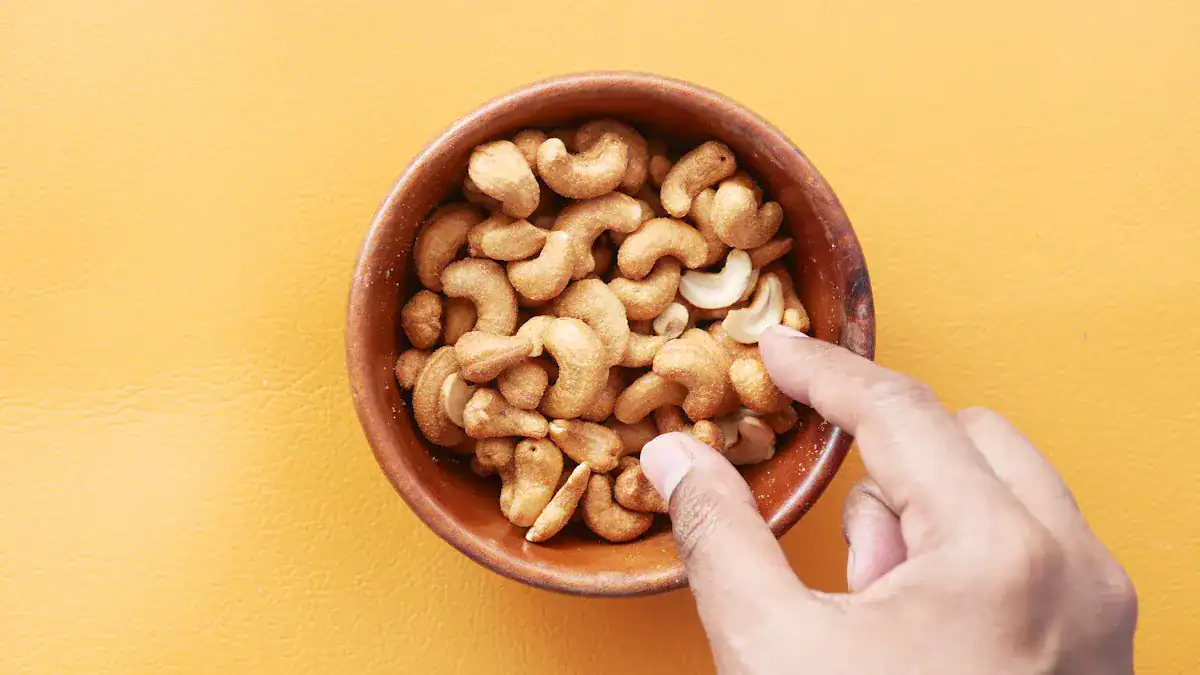
You can easily add peanuts to your daily diet. They offer great nutrition. Knowing how to prepare them and what to look for helps you get the most benefits.
Healthy Consumption Methods
You can enjoy peanuts in many ways. Boiled peanuts are a very healthy option. They have more good compounds than roasted peanuts.
Nutrient/Compound | Boiled Peanuts (per 100g) | Roasted Peanuts (per 100g) | Difference (Boiled vs. Roasted) |
|---|---|---|---|
Total Flavonoids | 10 times more | Baseline | Significantly higher |
Total Polyphenols | 36% more | Baseline | Higher |
Resveratrol | 1.5 mg | 0.017 mg | ~100 times more |
Calories (per serving) | 40% less | Baseline | Lower |
Boiled peanuts have significantly higher levels of beneficial phenols. They also contain fewer calories. You can boil peanuts at home:
Wash green or raw peanuts.
Boil them in their shells in water with spices. Use 100 degrees C for 8 to 12 hours.
Allow them to soak after boiling.
Remove and eat them.
Choosing Peanut Products
You might wonder about whole peanuts versus peanut butter. Both are good for you. However, they have some nutritional differences.
Nutrient | Peanut (per 100g) | Peanut Butter (per 100g) |
|---|---|---|
Protein | 25.8 g | 22.21 g |
Fats | 49.24 g | 51.36 g |
Carbs | 16.13 g | 22.31 g |
Sugar | 4.9g | 8.4g |
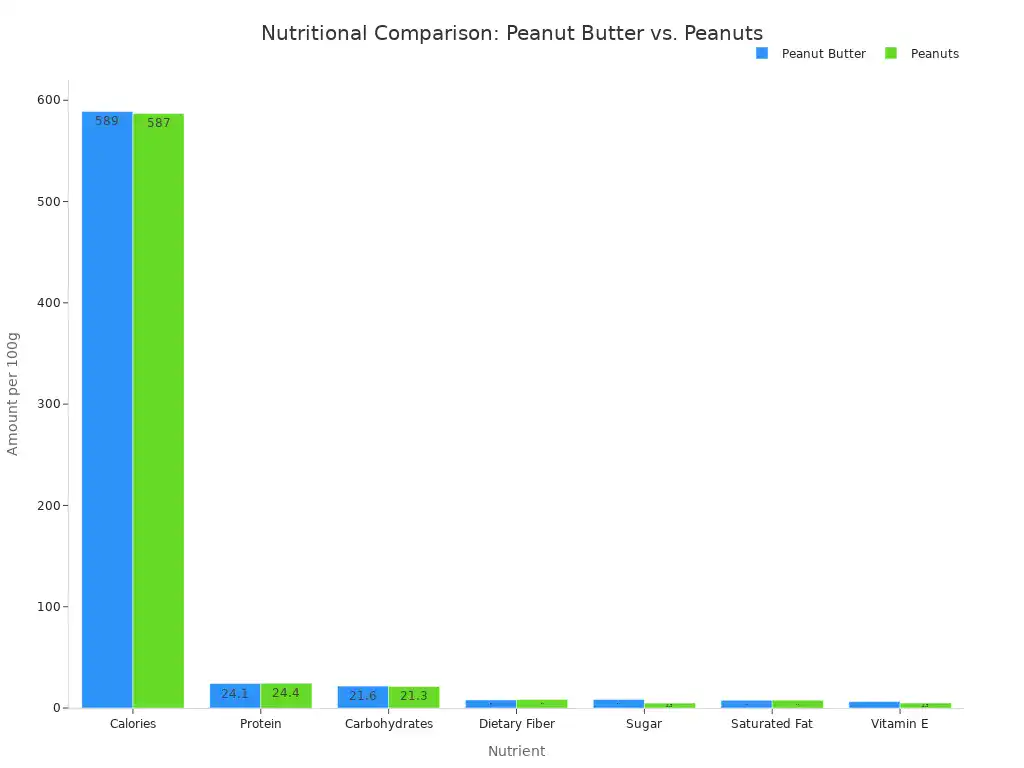
When you buy peanut products, always check the label. Look for products with minimal ingredients. Choose natural peanut butter without added sugars, salts, or unhealthy fats. Brands must list all ingredients. They also list allergy information in a “contains” section. A “may contain” section shows possible cross-contamination. Take these warnings seriously, especially if you have allergies.
Importance of Moderation
Peanuts are a healthy food. However, they are calorie-dense. You should eat them in moderation. This helps you manage your weight and get the most benefits.
Measurement | Quantity |
|---|---|
Recommended daily limit (grams) | 42 |
Recommended daily limit (peanuts) | Approximately 16 |
Two tablespoons of peanut butter | Approximately 16 peanuts |
The recommended daily serving size for peanuts is about 42 grams. This equals approximately 16 peanuts. This amount helps you get the nutrients without consuming too many calories. Enjoying peanuts and peanut butter as part of a balanced diet is key.
Are peanuts good for you? Absolutely! You gain many health benefits from these nutritious nuts when you eat them mindfully. Peanuts offer excellent protein, healthy fats, fiber, vitamins, minerals, and beneficial compounds. These benefits support your heart health, aid weight management, and help regulate blood sugar. Remember to be aware of allergies, watch your portion sizes, and choose minimally processed options. Enjoy peanuts as a healthy part of your balanced diet!
FAQ
What makes peanuts a good source of protein?
Peanuts offer a high amount of plant-based protein. You get about 7 to 8 grams of protein in a single serving. This protein helps build and repair your body’s tissues. It also helps you feel full and satisfied after eating.
What kind of fats do peanuts contain?
Peanuts mainly contain healthy unsaturated fats. These include monounsaturated and polyunsaturated fats. These “good fats” can help lower your bad cholesterol. They support your heart health and provide energy for your body.
What are the main vitamins and minerals in peanuts?
Peanuts are rich in several important vitamins and minerals. You get B vitamins like niacin and folate. They also provide vitamin E. Key minerals include magnesium, phosphorus, and potassium. These nutrients support many body functions.
What is the main concern with eating peanuts?
The biggest concern with peanuts is allergies. Peanut allergies can cause severe reactions, even life-threatening ones. If you have a peanut allergy, you must avoid them. Always check food labels for peanut ingredients.


